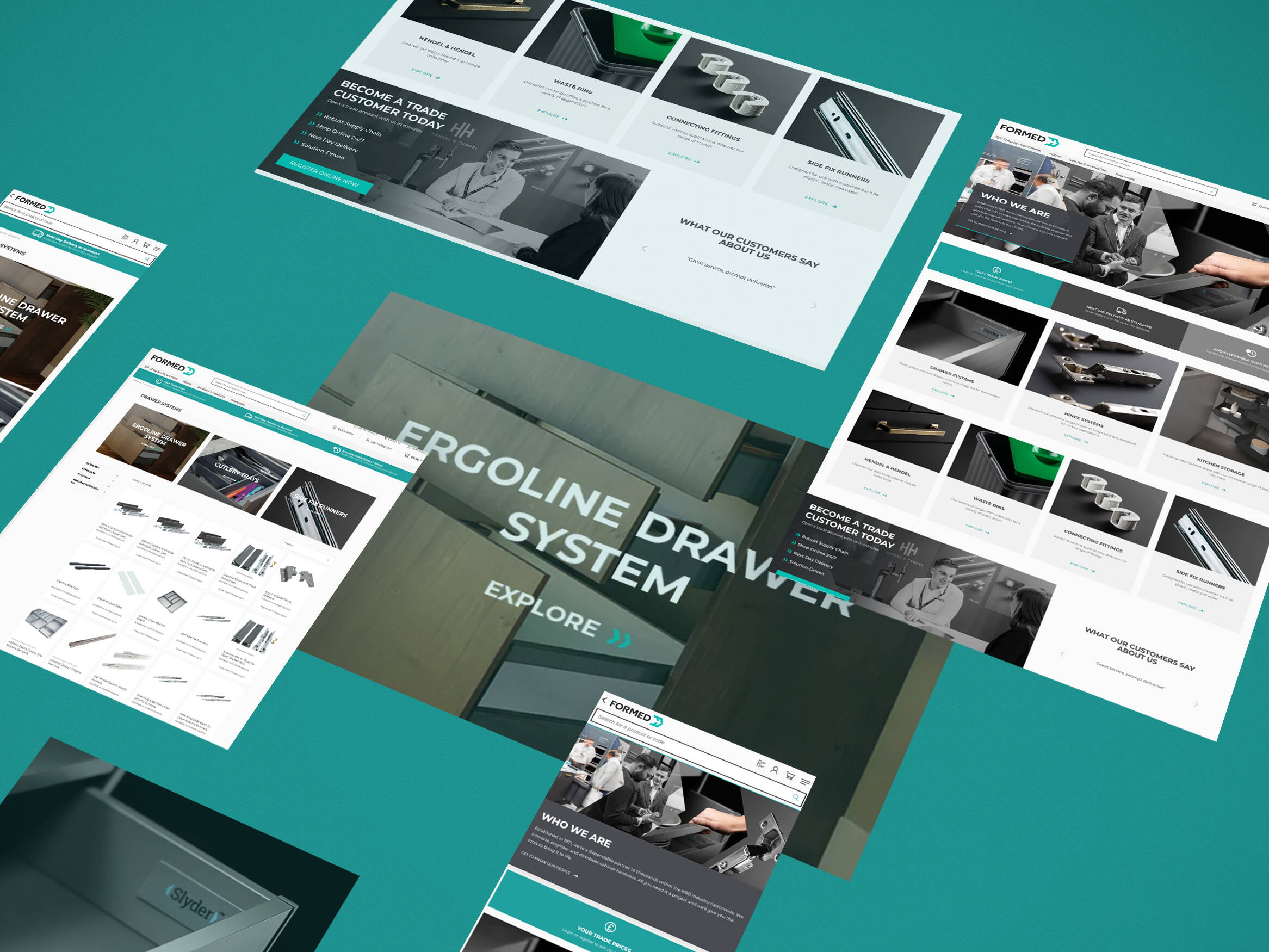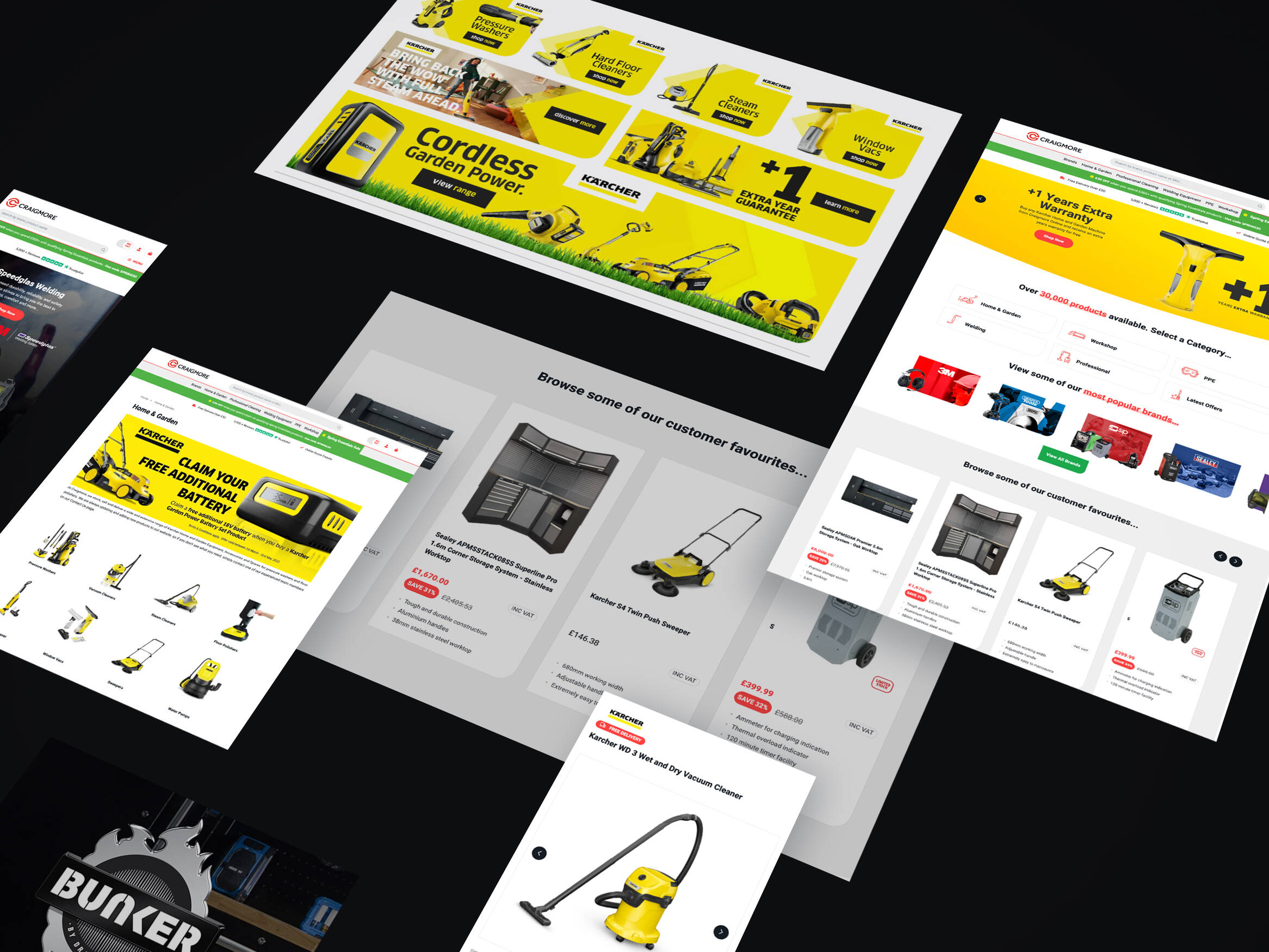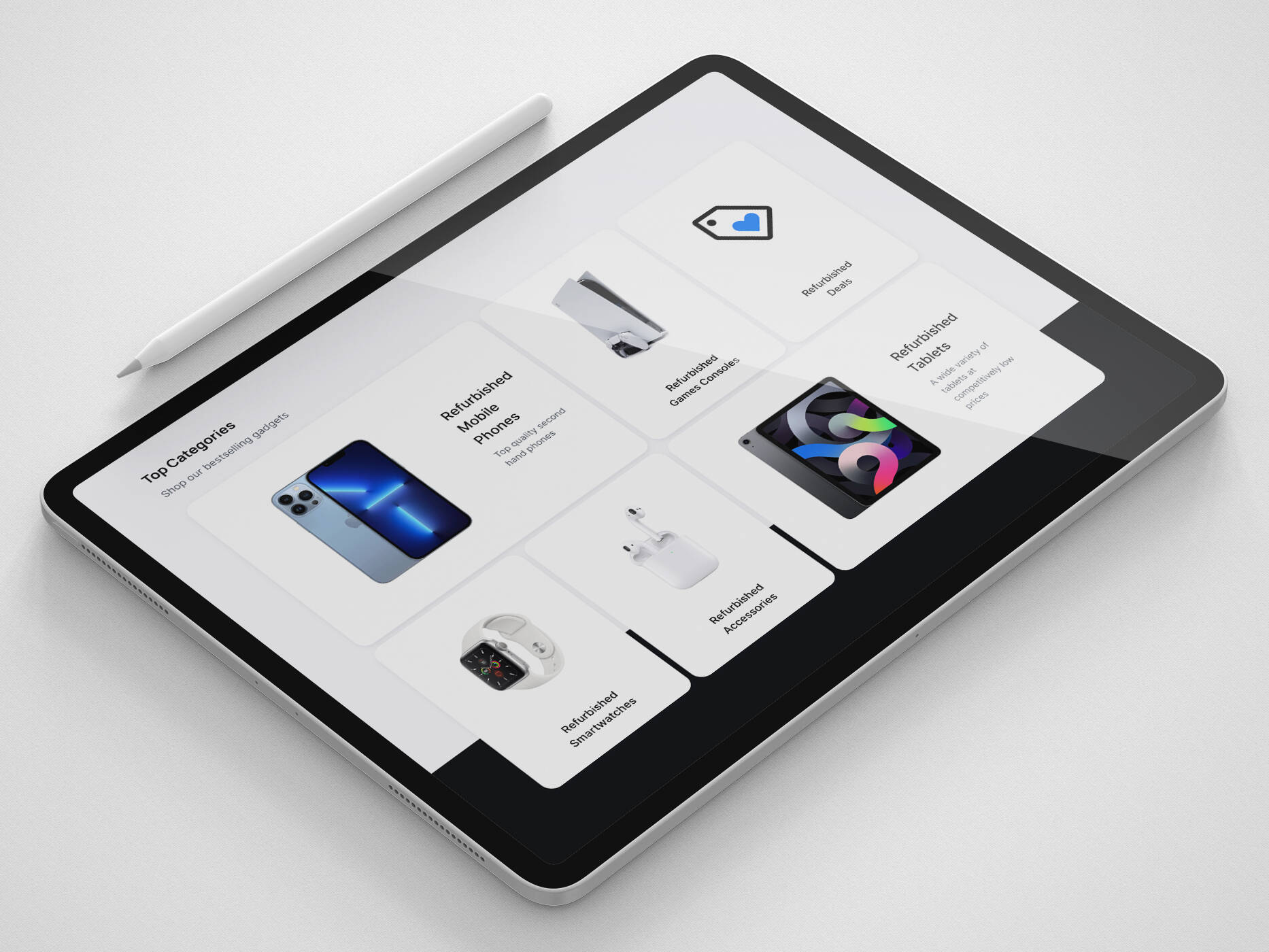Some food for thought: have you ever lost a sale because you forgot to follow up the deal? Delayed meeting with a prospective buyer or spent hours searching for a customer review you needed? If so, you’re in need of sales automation. But what is it, who is it for and how can it help your business?
What Is Sales Automation?
Sales automation is enabled through software that eradicates the manual, time-consuming tasks of sales advisors, team leaders and managers. These tasks can be things done on a daily, weekly or monthly basis and often include email follow-ups, customer review sharing on social channels and other platforms, meeting scheduling and more.
All in all, sales automation helps your business to accelerate your efficiency, improve your productivity and make your sales process streamlined and accurate.
Who Is Sales Automation For?
Depending on what you’re using sales automation for, there is an array of features that will best suit different job roles.
Someone who is tasked with the job to find new business prospects, they can receive prequalified lists of prospects.
Alternatively, for someone who sends out basket abandonment emails, they can easily create an email template that’s automatically customised and sent to individual potential customers.
The sales automation tool that you use, will determine what features you receive and who and how you can use them. Some of the most popular tools include SalesForce and HubSpot.
5 Key Features of Sales Automation
1. Enhance Your Reporting
Regardless of your business type, you’ll want to ensure that you’re recording and reporting the health of your business and how well it’s doing. May that be for specific campaigns, your Magento website or in-store.
Although extremely important to help with future prospects and planning, you won’t want reporting to take up too much time, especially if that’s at the expense of other tasks. That’s where sales automation comes into play.
Most sales automation tools will allow you to view in-depth historical data that’s accurate and specific to a certain query. For example, if you want to find out more about your email activity for the month, you can set up automatic updates to send this information to the relevant personnel at the time you desire.
Once you’ve received this data, it’s the actual analysis that’s the crucial part. Not the creation of the report. Allocating time to review this data and come up with an action plan on how to best adapt your sales strategy to generate more sales and suit your customers.
2. Stop Wasting Valuable Time to Improve Efficiency
If your business demands sales staff to secure deals over the phone, it’s important you reduce the time taken to do tasks other than this.
Instead of spending hours compiling emails to individual clients or similar, give them a system where they can use email templates to automatically send follow-ups and upsell emails. This will free up their schedule to give them the required time to focus their efforts on closing the sale.
Useful Tool: Email marketing systems like dotmailer allow users to create complex automated email marketing campaigns.
Sometimes finding a system that automates a single particular process can work better than an entire sales automation platform. Do your research to find what will work best for your business.
3. Keep Everyone In-The-Know
It’s important that your sales staff are reading from the same script – in some cases, that’s literally! They should each be aware of the status of different customers, what they need next and when they need it.
Instead of manually logging customer activity in your CRM, it’s crucial this information is automated so that it can save not only valuable time but decrease the room for error.
Receive customer enquiry — log this in your CRM. Call them to give a response — log the attempt in your CRM. Chase with a follow-up email — log the message in your CRM.
By making this process automatic, your employees will receive timely updates on the status of individual tasks so they’re aware of where in the consumer journey, each client is. That way they can ensure customers see what they need to see when they need to see it.
Plus, being in the age of micro moments, this concept becomes even more important and hence the need for sales automation grows.
4. Forecast Your Sales
Many sales automation tools will ensure that from all of the data you collect, you can create an accurate sales forecast. You no longer have to manually search around market trends, collect and then analyse your data.
Instead, you can quickly and simply browse the data you’ve tracked to learn more about your individual customers, groups of customers and prospective customers. Here you can understand their buying habits and the sales tactics they prefer, to enhance future strategies.
5. Competitive Advantage
If you’ve got the vital customer information and receive this through an immediate, automatic notification (set up by your automation tool), you’ll be able to get them what they want when they want it.
Having this timely information, it means that although your competitors may also offer the solution to their needs, if they cannot approach them during the time they need it, you’re most likely to bag the sale.

Disadvantages to Sales Automation
Sadly, like most things, there are a few disadvantages to sales automation that you’ll want to consider:
- Automation should be rolled out on only a few aspects of your business that truly demand being optimised. Too much automation can lose your irreplaceable human element. It can make your once friendly, fun sales team seem robotic and unapproachable.
- Once your sales automation system is set up you’ll start to reduce the time taken by each employee in hope of making your business more efficient. However, this isn’t guaranteed.
- Particularly when setting up the system, there may be lots of data entry required. This is usually seen as highly time-consuming and a mundane, demeaning task.
- Alike any CRM platform, automated or not, you’ll have to regularly upgrade the system, make new entries and clear out unwanted data. Maintaining the system can, therefore, be time-consuming just like your previous platform, almost counteracting the reason you invested in it.
Summary
In many cases, the pros outweigh the cons. So, you make a worthwhile investment that can help you recoup lost time and hence sales to grow your business.
It’s clear that sales automation offers lots of opportunities to simplify streamline your sales process. Now it’s time to put your findings into practice on your Magento website!
Get in touch
We know commerce, let us help you improve customer experience, increase conversion rates, and make that digital change.
- hello@iweb.co.uk

















